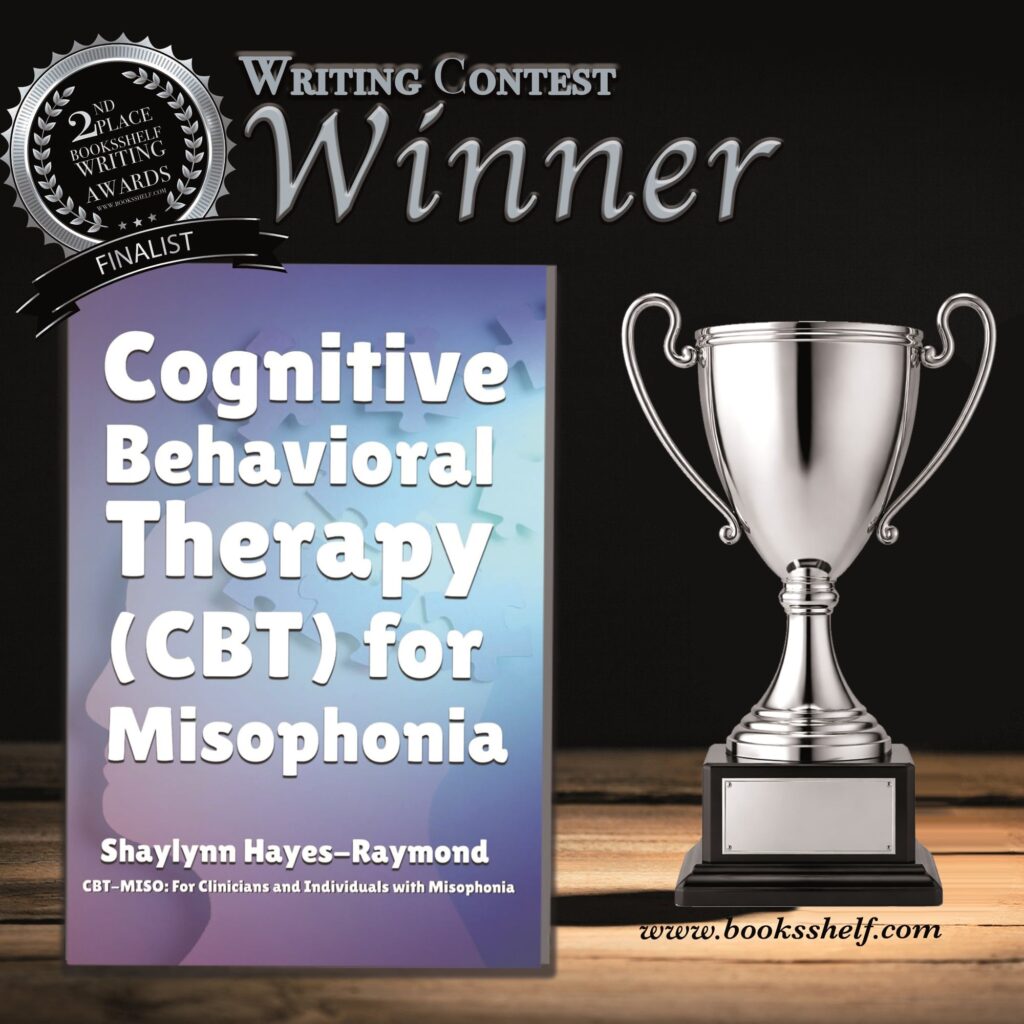
Don’t Let Misophonia Take Over Your Life
Lately, I’ve been thinking a lot about grief. Misophonia is a tough condition to live with. It takes over our lives, our relationships, and it isolates us. We often feel as though we have drawn the shortest straw. It can be tough to look at others – perfectly normal and able to sit on a bus without bursting into tears. Each and every day we are faced with triggers and unfortunately, they seem to get worse with time and exposure.
I have lost a lot of people in my life, and I have experienced grief in its rawest form. After sitting across from my grandmother, her hand in mine, as she took her last breath, I knew I would have to learn to adjust. Misophonia is not different from this. You have lost something – the chance to live your life trigger-free. Despite your desire to push it away, you must face misophonia.
You cannot repress your emotions. You must find a way to come to terms with it, accept it, and live your life. I understand that this can be one of the most frustrating situations in the world. I have had my fair share of moments, where I have dashed off to the restroom and cried as much as I could. I have kicked the brick wall in an attempt to quell the rage. I have left classes, family dinners, and other important situations to go home to my bed and stay there. I have avoided my life for days and at my worst – for weeks. I admit that I have depression that makes misophonia worse. However, I would have gladly lived most of my days in a state of depression than with the triggers of misophonia.
Sometimes I still feel this way, but it’s not as often. The reason is that I now understand, that like any chronic illness, any friend who slips through the cracks, and any life-altering, unchangeable event out of our control: Misophonia causes grief.
I firmly believe that in order to live a fulfilling life, we need to understand that there is currently no cure. Instead of taking from that hopelessness, we should know that our lives and their meaningfulness is not measured by the amount of days without triggers. This disorder may have a hold, but it is not our life. We are important and we need to understand that this grief should go through the same stages as any other loss.
Denial and Isolation
Denial can come in different ways. People with misophonia may at first believe that they are just ‘hyper-sensitive’ or that it’s their fault. It is also no secret that misophonia often leads to self-inflicted isolation.
Anger
It makes sense to be angry with misophonia. It is a life-changing, existence-altering condition, not to mention the rage that is associated with the trigger itself.
Bargaining
Sufferers may try to find help in ways that have a small chance of working. This can involve using therapies that have either not been tested or approved.
Depression
Since misophonia is an isolating condition, it is not surprising that sufferers have increased sadness and feelings of hopelessness.
Acceptance
You must come to terms with your disorder. It will be O.K.
Accepting that you have misophonia does not mean that you have given up on anything. It is quite the opposite. Instead of spending your time thinking of everything that you have lost and what you cannot do, you should be exploring opportunities to enjoy your life. Living with a disorder does not mean sacrifice – it means adjustments. For example, you could do a degree online, if you cannot handle regular school. Perhaps if you are unable to fly, you could take a cruise.







